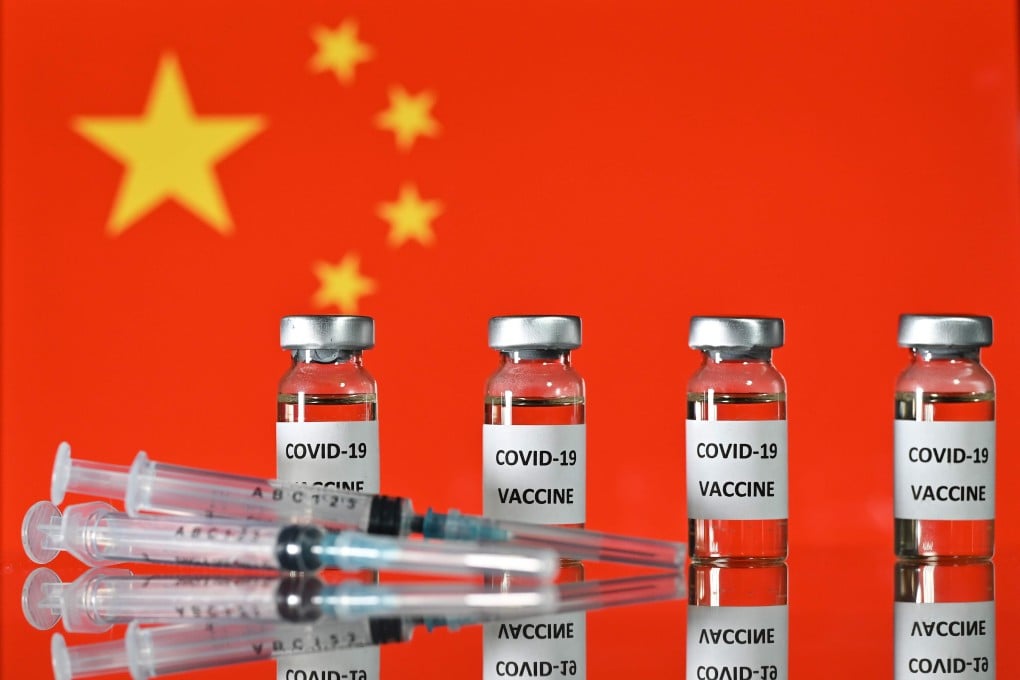Advertisement
Opinion | How Covid-19 helped China boost its soft power in mainland Southeast Asia
- The coronavirus pandemic provided Beijing a window of opportunity to boost its influence in countries such as Cambodia, Thailand and Myanmar
- However, there are concerns over China’s increasingly assertive behaviour in the region, with the likes of Vietnam remaining cautious
Reading Time:6 minutes
Why you can trust SCMP
13

The Covid-19 pandemic has provided a window of opportunity for China to exert its international leadership and influence – one Beijing has used to turn the crisis into a diplomatic and strategic opportunity in mainland Southeast Asia.
Public health diplomacy has become one of the key sources of China’s soft power projection, enhancing its image and influence, even though it is clear that China’s intentions are not completely altruistic, and it has other strategic intentions with regards to these measures.
Cambodia and Laos have been most receptive to China’s public health diplomacy, including its vaccine diplomacy, while Thailand and Myanmar also have welcomed Chinese assistance. Vietnam has been reluctant to endorse Beijing’s Covid-19 assistance, including Chinese vaccines.
While China was criticised – mainly in the US and Europe – for its lack of transparency in handling the pandemic early last year, Southeast Asian nations reacted positively to what they saw as Beijing’s decisive, swift and effective response to Covid-19, and they were among the first to offer political, diplomatic, and humanitarian aid to China.

06:18
SCMP Explains: What’s in a Covid-19 vaccine?
SCMP Explains: What’s in a Covid-19 vaccine?
Covid-19 and China’s soft power
According to a survey by the Pew Research Centre in October last year, unfavourable views of China’s handling of the pandemic were on the rise in countries such as Australia, Canada, Japan, South Korea, the United States and European nations. Information operations, especially by the US, were carried out to challenge the legitimacy of the Communist Party. To counteract this, China launched a communication initiative, mainly in the realm of public health diplomacy.
Advertisement
Select Voice
Choose your listening speed
Get through articles 2-3x faster
1.1x
220 WPM
Slow
Normal
Fast
1.1x
